Stephen King is essentially the father of modern horror. He's incredibly talented and prolific, and most of his stories are absolute home-runs. He achieves this success by using tried-and-true plot structures, and that mostly works out really well for him.
Sometimes, though, tried-and-true becomes tired, and there are a few ways King could improve his already-phenomenal work. As much as we love his stuff, some of his tropes have become comically overused at this point.
10 Worst: Weak Large-Scale World Building
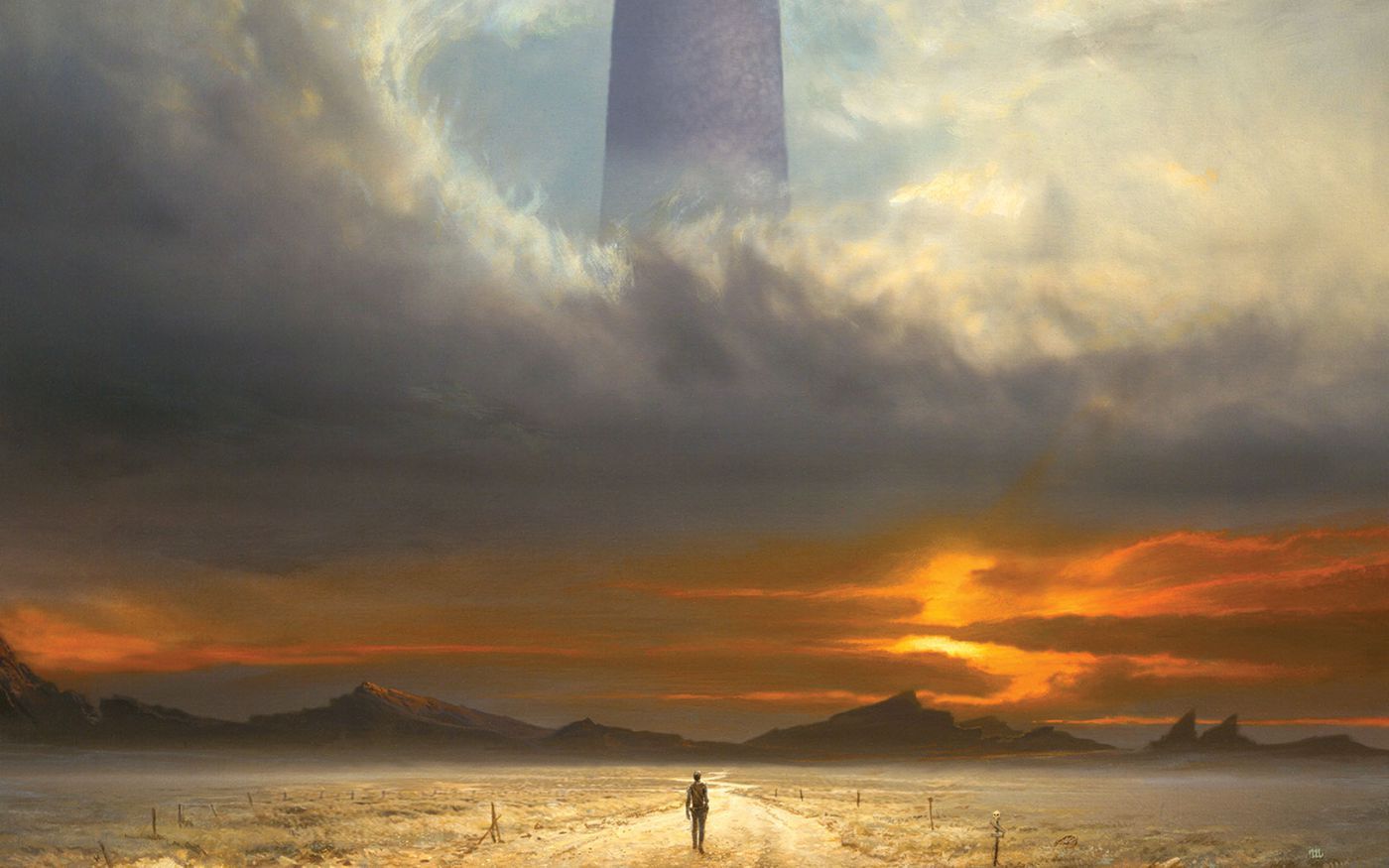
With a couple of notable exceptions—The Dark Tower and The Stand come to mind—Stephen King usually has more pressing things to write about than why the plot is happening, or even where it’s happening. The settings just aren't very detailed or expansive, which ties into other broader questions.
Explanations provided for the "why" of whatever horrible nightmare thing has just come to pass can sometimes range from ridiculous to absent entirely. The most frustrating aspect is that he obviously can write stories that rely on heavy, detailed world-building, but he just... usually doesn’t. For a man who writes so much so well, it can be disappointing in comparison to the care he takes with the rest of his stories.
9 Best: "Small Town With A Dark Secret"
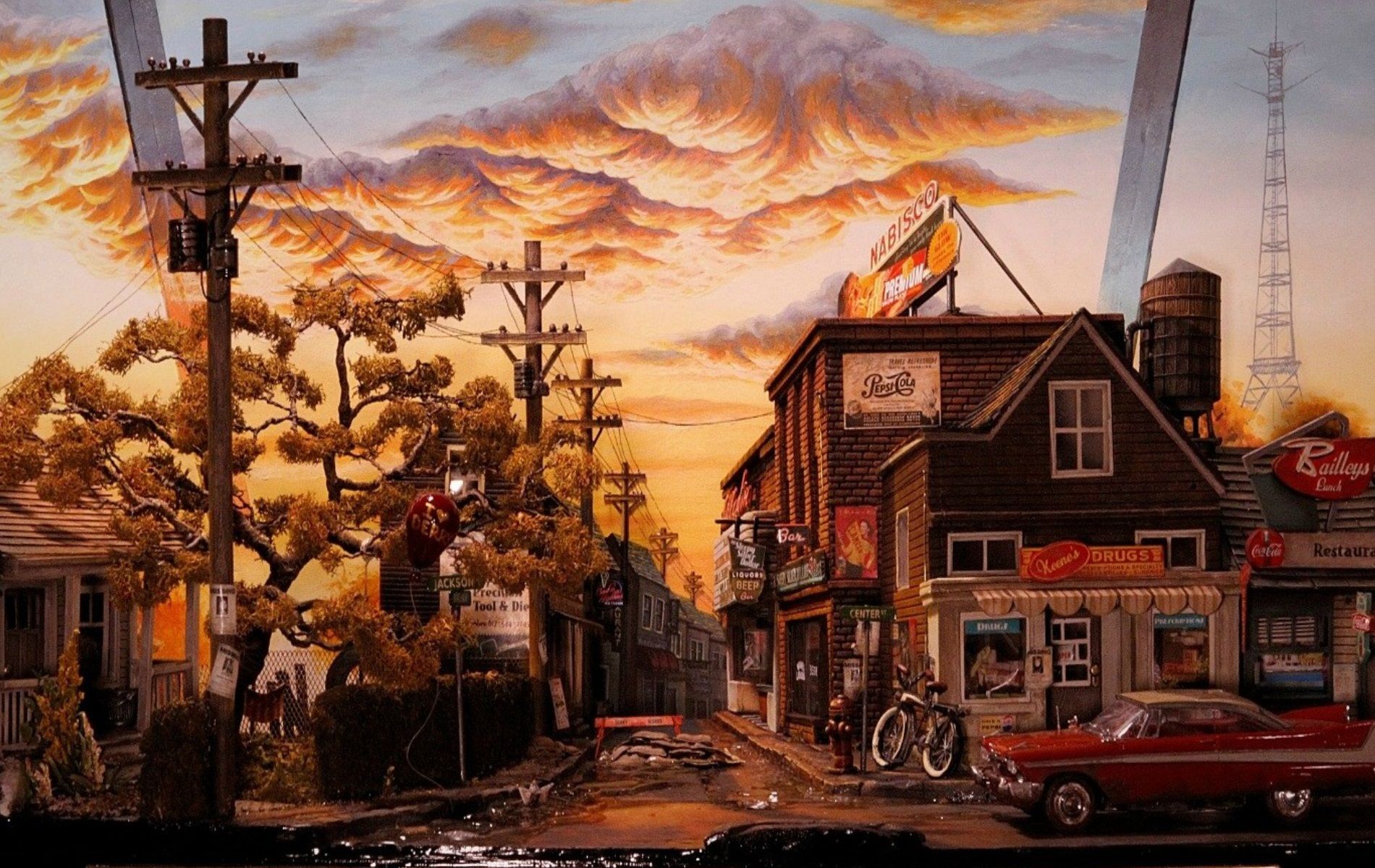
In less-skilled hands, this particular trope can end up tired and contrived, but, because Stephen King is so talented and writes in a believable, realistic way about the best and worst parts of small towns, this trope actually works in his favor. When he gets the setting right, he gets it really right.
8 Worst: Evil Religious People
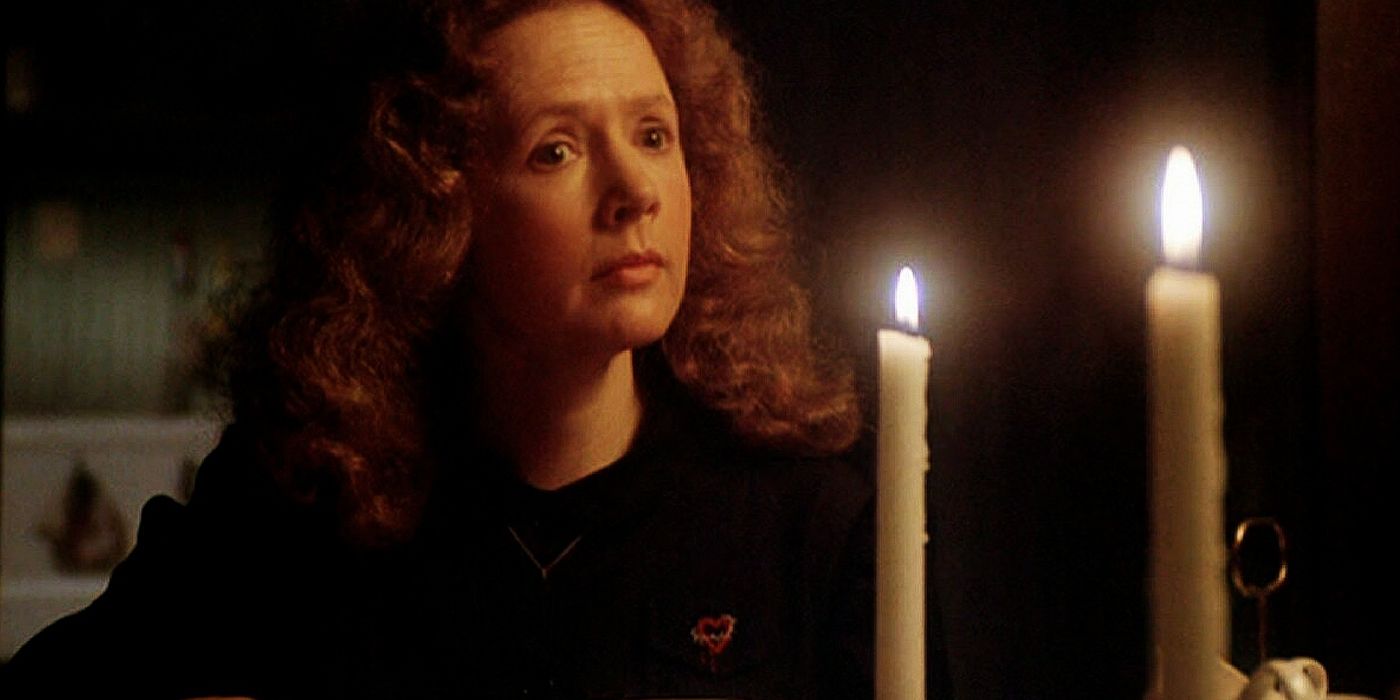
Religious fanatic antagonists are great and all—and, in The Mist or Carrie, they’re terrifying—but, when there are only two examples of religious characters that aren’t murderous zealots, it can get a bit tiring, especially when one of those two characters is himself a lapsed priest that lost his faith. Furthermore, the only religion that makes an appearance at all is Christianity; a couple of secular Jewish people appear here and there, but it might be worth shaking some variety into his stories.
Maybe the religious devotee is a good guy, or maybe they’re just a person who happens to be religious, and that’s okay. Either way, when fans all but brace for impact when someone religious turns up, it’s a definite clue that something needs to change.
7 Best: Making The Ordinary Terrifying

It’s not as easy as it sounds, making otherwise-ordinary things terrifying. Sure, clowns are pretty scary all on their own, but, when Stephen King’s other works are considered, it’s obvious he knows exactly how to elevate the everyday into something sinister. After all, Cujo is just a rabid dog with nothing supernatural about him—well, more or less—and Christine is about a car that behaves like an obsessed lover and leaves a body count in its wake, which sounds ridiculous when put like that, but both manage to be absolutely petrifying.
With the exception of Dreamcatcher, which King said he wrote because he “wanted to do for toilets what Hitchcock did for showers," Stephen King has a nearly unimpeachable record for spook-ifying the ordinary world.
6 Worst: Over The Top, Extremely Violent Bullies
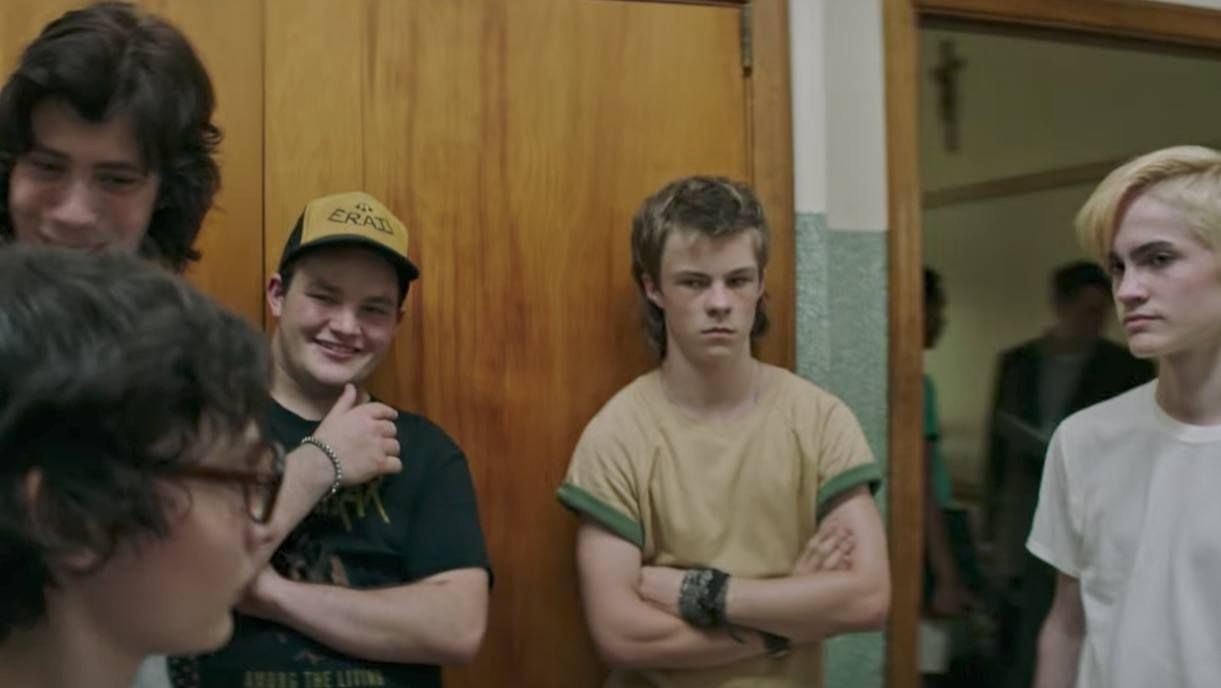
There are a couple of instances where genuinely psychopathic bullies work really well, as was the case in IT, and bullies that hide behind being a jerk out of self-defense are also acceptable, but in many of King’s stories, the “bully” character is way more than just a bully, and not in a good way.
With almost every “bully” character turning out to be deeply disturbed, and, in many cases, murder-happy, it leads to a one-note role that borders on being kind of goofy, as even folks who were bullied know that most bullies aren’t like that. Furthermore, "because they’re a bully" sometimes ends up being the whole explanation for their cruelty, which creates a noticeable lack of depth.
5 Best: Self-Inserts Done Right
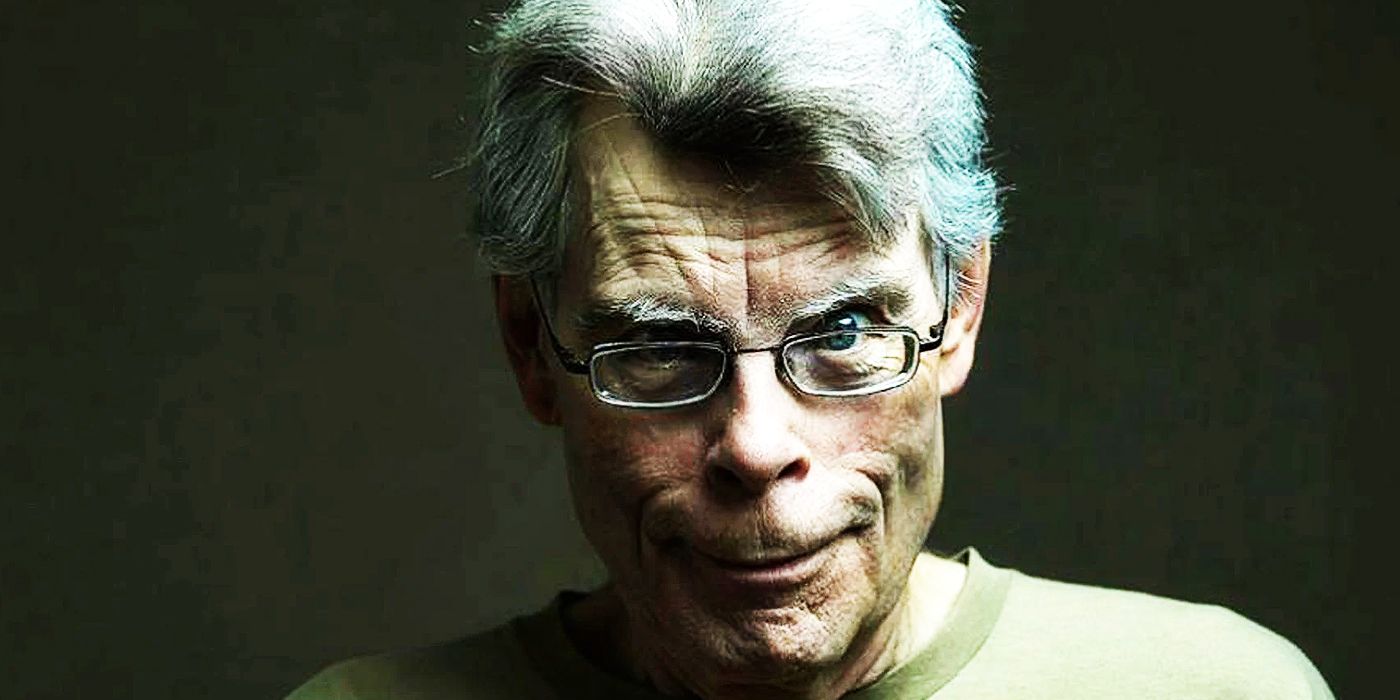
The eternal question for most writers comes down to where the line is drawn between themselves and the characters they create. Some authors can’t resist blurring the lines even further by basing characters on themselves, and, for most people, it doesn’t end well. Stephen King is the exception to the "don’t insert yourself wholesale into your narrative" rule, though; his stories are rife with authors, many of which write horror and/or alcoholics, to the point where they can almost be used as a barometer for how King felt about himself at the time of writing that particular novel.
He's saved because he doesn’t give in to the temptation to change the story just because “he” is in it. Sometimes the author is a bad guy, a good guy, a minor or major character. Sometimes he lives, and sometimes he dies. The fact that he’s obviously based on King himself is all but incidental to the structure and plot of the story, and that’s the only way to make self-inserts work.
4 Worst: Failed Endings
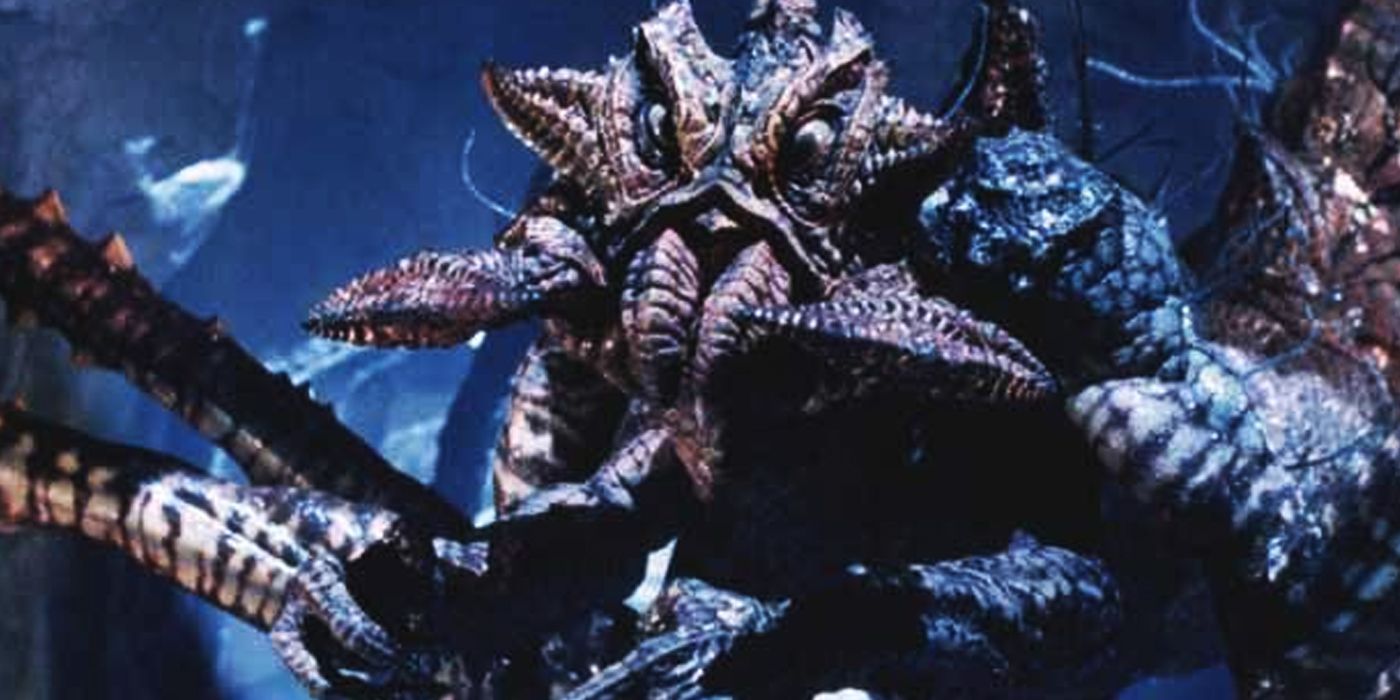
Most writers will tell you that endings are the hardest part. Lots of authors have a hard time bringing their stories to a close, and King struggles especially with this at times. There are times, of course, where he pulls it off perfectly—think Shawshank Redemption or Pet Semetary.
More commonly, the endings are either disorganized and complicated or just plain old lame. Take IT for example; Pennywise’s true form could’ve been kept a secret, or simply been incomprehensible to human understanding. Instead, he’s revealed to be a giant spider (?) from space (??) whose greatest enemy is a metaphysical, multiplanar turtle (???), known simply as The Turtle, which reflects all goodness of the universe. There’s a reason that part didn’t make the final cut of the movies...
3 Best: Lots And Lots And Lots Of Characters
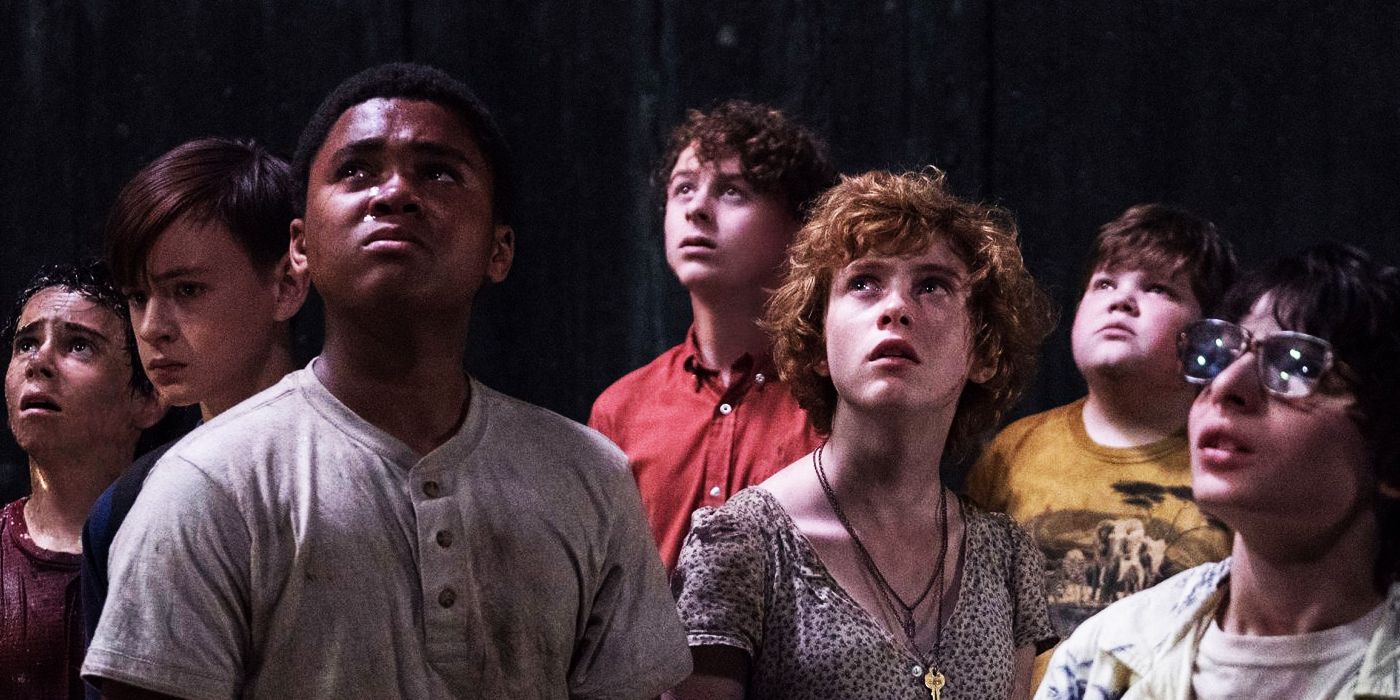
A big cast is hard to manage, but he does it really well. It’s easy for fans to find a character to care about simply because there are so many to choose from, even in his shorter works.
What’s more, he truly understands how to pull off an ensemble cast, which ensures that all characters get a healthy amount of development while maintaining their unique personality.
2 Worst: Magical Racism
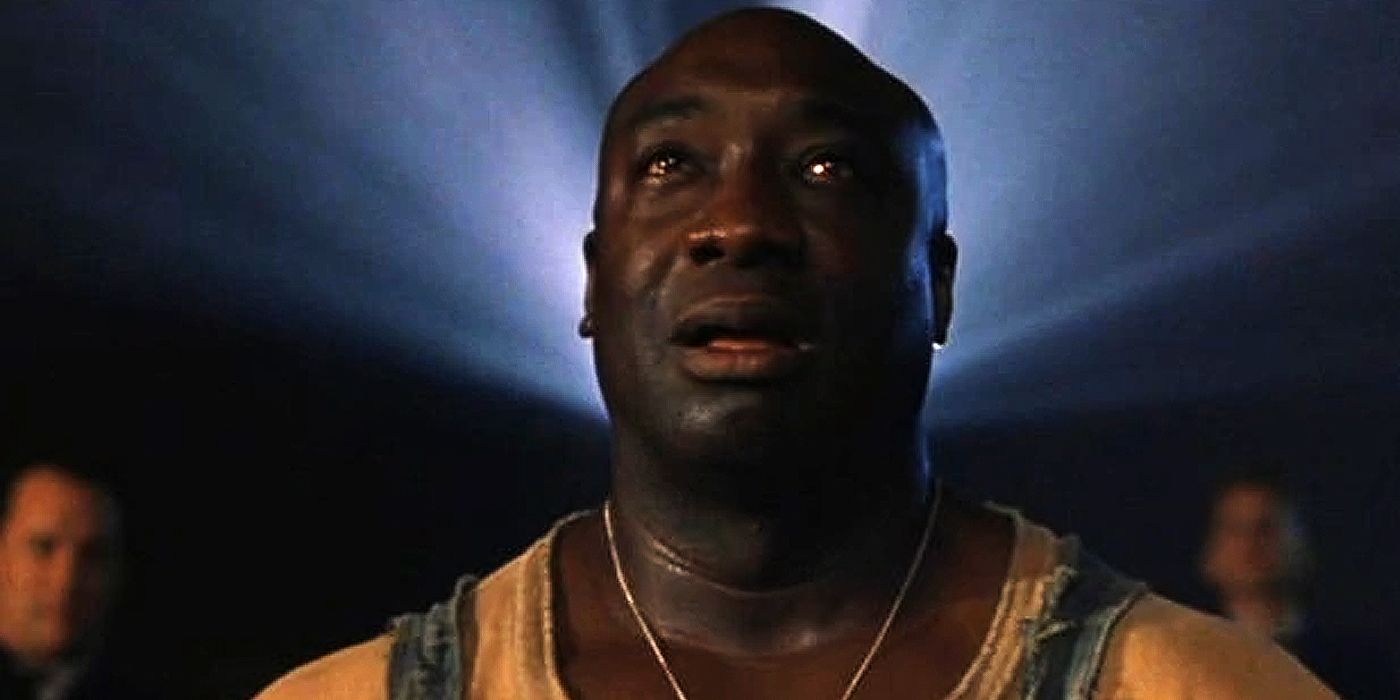
Having a person of color have magical abilities is not inherently a bad thing. Everyone, regardless of race or ethnicity, should have an equal opportunity to take advantage of whatever special abilities are available to them in a given universe. However, there is a notable caveat to this rule; if the characters of color only have special abilities to benefit characters that aren't of color, that needs to be re-examined.
It’s an unfortunately common trope in many genres, so it’s not as though Stephen King is the only author guilty of this, but he is unique in that he himself has admitted to this tendency and further explained he does it to help his own “white guilt." Self-awareness is crucial when someone is a member of the majority, but self-awareness doesn’t count for much if it’s not used to create change. King’s overuse of this trope is made even worse by the fact that he knows what he’s doing and continues to do it.
1 Best: Anyone Can Die
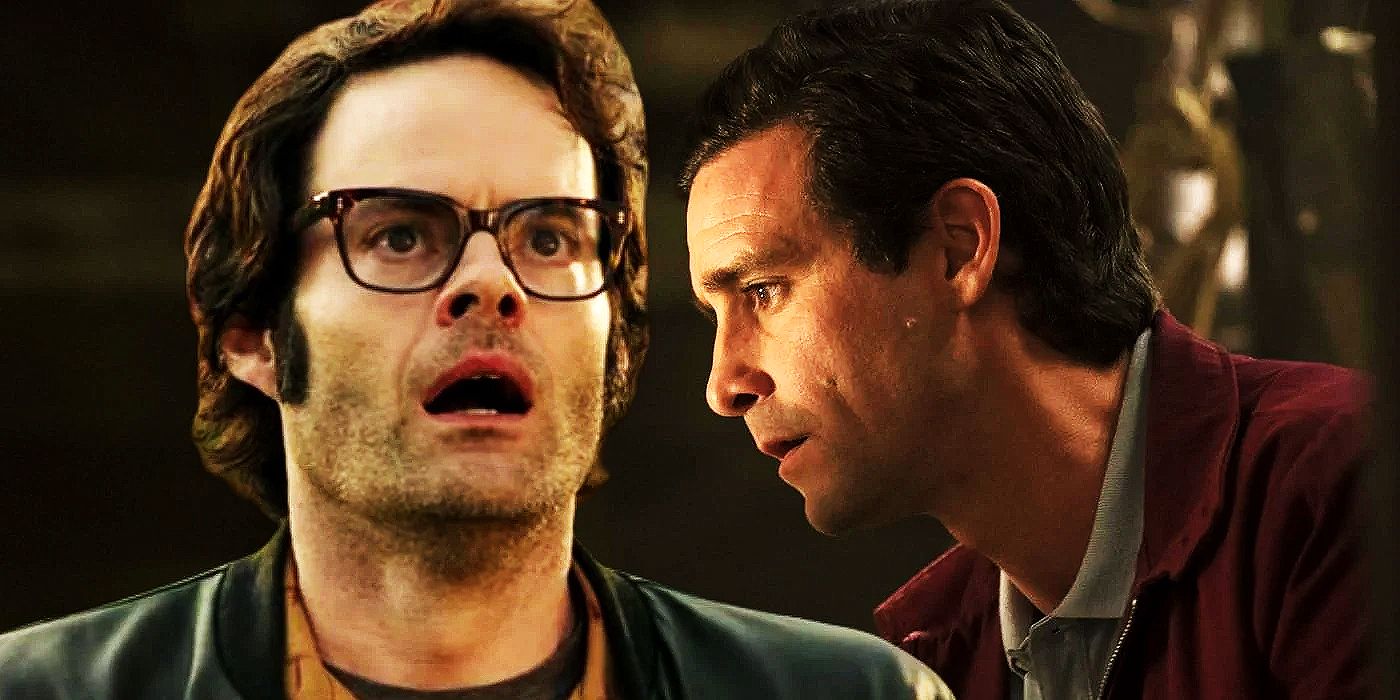
Even more than some other infamous character-killer authors—looking at you, GRRM—Stephen King is brutal when it comes to killing his darlings. There’s absolutely no way to predict who might live or die, and there’s no element of protection for the reader or viewer. Sometimes, the bad guys just win. Sometimes, the good guys die, and that’s all there is to it. Sometimes it’s a favorite supporting character, or a minor character everyone forgot about.
There’s no way to predict it, and this is what keeps his work fresh, exciting, and engaging, even for the most avid Stephen King fan, and this is what makes sure his work will stand the test of time.
from ScreenRant - Feed https://ift.tt/380VP1z


0 Comments